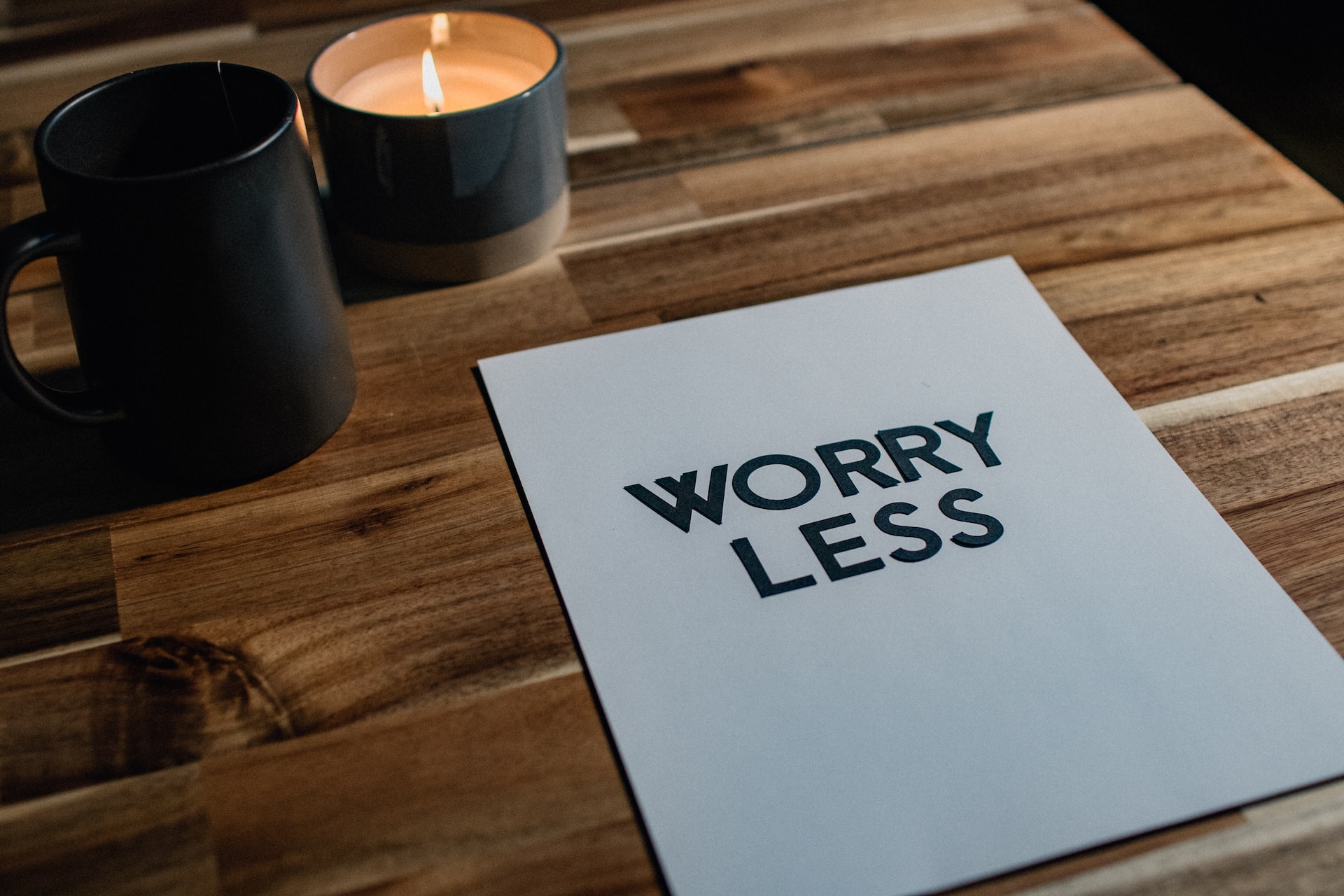When you have ADHD, it can often feel like every aspect of life is that much more complicated. By now, it might be fairly obvious as to why we struggle in professional environments, where everything is geared toward neurotypical people.
However, many people with ADHD struggle at home and in their free time, too. You might imagine that household tasks and hobbies are uncomplicated and should be enjoyable, and they can be. It is also true, though, that those with ADHD struggle with hobbies, chores, and simple tasks.
Unique Struggles
Many people get diagnosed with ADHD later in life, meaning that for the majority of their lives, they feel different from everyone else. Most of us have been taught that there is one way of doing things, whether it be learning, working, or enjoying life.
This prescribed path has been laid for us since childhood. Unfortunately, it was constructed by neurotypical people for neurotypical people. It is their world. We are simply living in it, all the while feeling like aliens who don’t quite belong.
 If we are to be successful, happy, and at ease in this world, we will have to learn more about ourselves and our unique struggles. No two people with ADHD are identical. However, there are certain traits and features of neurodiversity that most people with ADHD face.
If we are to be successful, happy, and at ease in this world, we will have to learn more about ourselves and our unique struggles. No two people with ADHD are identical. However, there are certain traits and features of neurodiversity that most people with ADHD face.
One of the most frustrating aspects of ADHD is that we often struggle to enjoy simple things. Hobbies are important for neurodiverse people because so much of life is a challenge for us. It is healthy and necessary for us to find a pleasant outlet.
When it comes to unwinding and enjoying something simple, we might find that the thing that once brought us joy suddenly feels hollow now. We don’t understand how that happens. We might discover a new talent or begin learning a new thing, only to become obsessed with it. Try as we might to be calm about it, the new hobby begins to feel like a dangerous obsession. Some fail to unwind at all. Even after spending hours scrolling on our phones, we are still tense and anxious.
People with ADHD and Hobbies: Why We Struggle
It seems unfair that we have to learn to adapt to so much of life, even the casual, enjoyable aspects of it. However, the more we can understand ourselves and our traits, the easier life will become.
There are four main areas that those with ADHD struggle with as far as simple tasks and hobbies are concerned. This is not an exhaustive list, though, and you might benefit from talking with a counselor or therapist about your unique struggles if you don’t see them talked about here.
Our Complicated Relationship with Time
Generally speaking, most people with ADHD cannot grasp how much time a task or hobby will take. For example, we might finally get around to the painting project we had in mind or begin watching a new series, only to find that an entire weekend has gone past. When this happens, even though we might have accomplished the task or enjoyed ourselves, we often feel ashamed or annoyed at how we used our time
 Many of us have become aware of this time blindness. It leads us to encounter a different struggle where we get stuck in “waiting mode.” We might know that we have an important event later in the day, so we don’t allow ourselves to focus on anything except what is upcoming, lest we get carried away and lose track of time.
Many of us have become aware of this time blindness. It leads us to encounter a different struggle where we get stuck in “waiting mode.” We might know that we have an important event later in the day, so we don’t allow ourselves to focus on anything except what is upcoming, lest we get carried away and lose track of time.
Waiting mode is a form of mental paralysis, which is as unenjoyable as it sounds. If we want to fix or change this aspect of ourselves so that we can enjoy our downtime, complete our tasks, or make our appointments, there is a simple thing we could try. We could involve a friend or loved one in our hobbies and tasks.
This might be a distraction for us at first, but if we share our time with a neurotypical friend and explain to them the problem we are having, they could help us spend our time wisely. This extends to them keeping us company while we are stuck in waiting mode. It’s more enjoyable to wait with a loved one, and they can share our responsibility in keeping time for the appointment.
Focus and Concentration Struggles
This is the struggle that people with ADHD face mostly at work or school, but it also affects our downtime. Those with ADHD tend to give all or give nothing. In other words, we either lock into a state of hyperfocus or we avoid the task entirely. We know that we won’t be able to concentrate on it.
This is why so many chores, tasks, and new hobbies fall by the wayside for us. We know that each one requires our total attention, and we often feel like we can’t afford to “lock in” and do it. The problem here is that our brain cannot distinguish between even simple, enjoyable tasks that require a degree of professionalism. Doing laundry might as well be a work deadline for the ADHD brain.
Most of us cannot easily multitask because we get distracted easily. However, it might help to make a practical distinction between home tasks and work tasks. For example, it might help us unwind and even enjoy our tasks if we had music on in the background.
ADHD Burnout
Navigating today’s world means that there is a constant flow of information being pumped into our brains, and little of it is positive. People with ADHD are in a state of hypervigilance about the chaos of the world. This, combined with the way our neurodiverse brains typically work, makes for a cocktail of exhaustion.
It also means that few of us are truly unwinding or engaging in anything fun or rewarding because our nervous systems are too busy looking for a threat. There is no quick fix for this because healing from burnout takes time. We can battle burnout by actively looking for enjoyable things to do.
It can feel frivolous and a waste of time or money, but if it results in laughter or causes us to feel refreshed afterward, it might be worth it. Hobbies don’t have to cost money. They shouldn’t feel demanding, but we do owe it to our brains and nervous system to have a little fun at least once a week. Enjoyment must be a priority for anyone suffering from ADHD burnout.
Brains That Make Fun Things Feel Like Work
Those with ADHD tend to love and hate repetition in equal measure. We get bored quickly when a task becomes repetitive, but if there is the slightest amount of dopamine found in doing that task, we will do it repetitively.
 This is a natural function of the ADHD brain. It can make playtime feel like work. For example, we might enjoy playing the piano, but something in our brain tells us that we must approach that pastime as if we were aiming to be a professional musician
This is a natural function of the ADHD brain. It can make playtime feel like work. For example, we might enjoy playing the piano, but something in our brain tells us that we must approach that pastime as if we were aiming to be a professional musician
The ADHD tendency to “serialize” hobbies means that everything we do becomes a challenge or a burden. Some of that might be the feeling that we have to prove ourselves to others, to show that we are not limited by our neurodiversity. The fix for this is to practice living in the moment. We don’t have to achieve anything with our hobbies.
The more we learn to live one day at a time, the more peace and fulfillment we will find. As you come to grips with ADHD, it might help to process your experiences with someone. Meeting with a counselor with whom you can share all of your struggles, triumphs, and questions can help you thrive. If this is something you would like, contact our offices today, and we can schedule an appointment with a skilled therapist in our practice.
Photos:
“Prayer”, Courtesy of Ben White, Unsplash.com, CC0 License; “Baking”, Courtesy of Getty Images, Unsplash.com, Unsplash+ License; “Guitarist”, Courtesy of Curated Lifestyle, Unsplash.com, Unsplash+ License
- Stacy Davis: Author
Life is not always easy, and we all struggle at times. The good news is that Jesus Christ can take our mess and turn it into something that is beautiful. He can take the hardest moments of our lives and turn them into growth opportunities to experien...
DISCLAIMER: THIS ARTICLE DOES NOT PROVIDE MEDICAL ADVICE
Articles are intended for informational purposes only and do not constitute medical advice; the content is not intended to be a substitute for professional medical advice, diagnosis, or treatment. All opinions expressed by authors and quoted sources are their own and do not necessarily reflect the opinions of the editors, publishers or editorial boards of Stone Oak Christian Counseling. This website does not recommend or endorse any specific tests, physicians, products, procedures, opinions, or other information that may be mentioned on the Site. Reliance on any information provided by this website is solely at your own risk.







